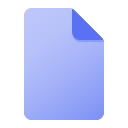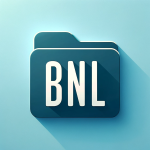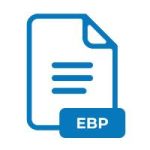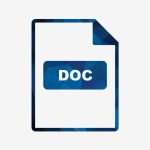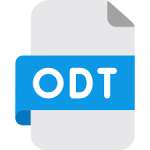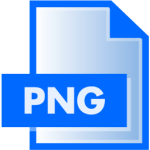.MOGG File Extension
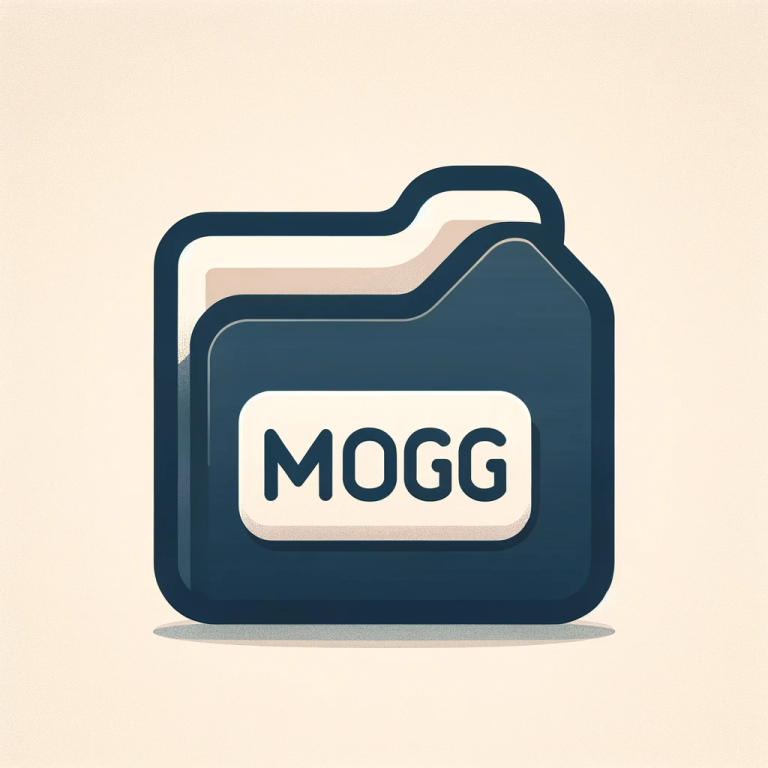
Multitrack Ogg File
| Developer | N/A |
| Popularity | |
| Category | Audio Files |
| Format | .MOGG |
| Cross Platform | Update Soon |
What is an MOGG file?
Files with the .MOGG extension are not as commonly encountered as other file formats, but they serve a unique purpose in the world of audio recording and manipulation.
In this detailed article, we will delve into the origins, history, technical specifications, advantages, and disadvantages of the .MOGG file extension.
We will explore how to convert and open .MOGG files on various operating systems.
More Information.
Rock Band was released in 2007, and the introduction of .MOGG files was a game-changer for both gamers and musicians alike.
These files were created to facilitate the process of separating and manipulating individual instrument tracks within a song.
This not only enhanced gameplay but also opened up new opportunities for musicians to remix and experiment with existing songs.
Origin Of This File.
The .MOGG file extension is primarily associated with the popular video game franchise Rock Band. These files were first introduced by Harmonix Music Systems, the developers of Rock Band, as a means of storing audio data for the game.
In essence, .MOGG files contain the individual audio tracks (stems) of a song, allowing players to isolate specific instruments like vocals, guitar, bass, and drums during gameplay. This innovative approach added a new layer of interactivity to the gaming experience.
File Structure Technical Specification.
.MOGG files are essentially Ogg Vorbis audio files with a different extension. Ogg Vorbis is an open-source audio compression format known for its high-quality sound and efficient compression.
The .MOGG format maintains this quality and is structured to contain multiple audio streams, each representing a different instrument or vocal track.
These files are typically packaged together within a .MOGG container, making it easier to organize and distribute multi-track audio content. The container format allows for the inclusion of metadata, such as song title, artist, and album information.
How to Convert the File?
Converting .MOGG files to a different audio format can be useful for various purposes, such as making them more compatible with different software or devices. To convert .MOGG files, you can follow these steps:
Step 1: Choose Conversion Software:
First, you need to select conversion software or tools that support the .MOGG format. Some popular options include:
- Audacity: Audacity is a free and open-source audio editing software that can import .MOGG files and export them in various formats.
- Foobar2000: Foobar2000 is a lightweight and customizable audio player for Windows that can also convert .MOGG files to other formats.
- XRECODE: XRECODE is a versatile audio converter software available for Windows that supports many formats, including.MOGG.
- Online Converters: Several online audio converters can handle .MOGG files. Examples include CloudConvert and OnlineConverter.
Step 2: Install the Chosen Software:
Download and install the selected software on your computer if it’s not already installed. Follow the installation instructions provided by the software’s website or installer.
Step 3: Import the .MOGG File:
Once the software is installed, open it, and import the .MOGG file you want to convert. The process may vary slightly depending on the software you’re using, but here are general instructions:
- In Audacity: Go to “File” > “Import” > “Audio” and select the .MOGG file you want to convert.
- In Foobar2000: Simply drag and drop the .MOGG file into the Foobar2000 interface.
- In XRECODE: Click on “Add Files” or drag and drop the .MOGG file into the software’s window.
- For online converters: Visit the website of the online converter, and follow their instructions to upload the .MOGG file.
Step 4: Choose the Output Format:
Next, you need to specify the format you want to convert the .MOGG file into. Common audio formats like WAV, MP3, FLAC, or AAC are typically available as options. The specific format options will depend on the software you’re using.
Step 5: Configure Settings (Optional):
Some conversion software allows you to configure settings such as the audio bitrate, sample rate, and other quality-related parameters.
If you have specific preferences for the output quality, you can adjust these settings as needed. For most users, the default settings are sufficient.
Step 6: Start the Conversion:
After choosing the output format and configuring settings (if necessary), you can initiate the conversion process.
Look for a “Convert” or “Start” button within the software, and click it. The software will then begin converting the .MOGG file into the selected format.
Step 7: Save the Converted File:
Once the conversion is complete, the software will prompt you to save the converted file. Choose a location on your computer where you want to save the new file, and give it a suitable name. Click “Save” or a similar option to complete the process.
Step 8: Verify the Conversion:
To ensure the conversion was successful, you can open the converted file using a compatible media player or audio editing software. Play the file and make sure it sounds as expected and that it’s in the desired format.
Advantages And Disadvantages.
Advantage:
- Multi-track Isolation: .MOGG files provide the ability to isolate and manipulate individual instrument tracks within a song, making them a valuable resource for musicians, remixers, and music enthusiasts.
- High-Quality Audio: Ogg Vorbis compression ensures that .MOGG files maintain excellent audio quality while keeping file sizes relatively small.
- Educational Tool: These files are an excellent resource for music students and enthusiasts to study the nuances of specific instruments within a song.
Disadvantage:
- Limited Compatibility: .MOGG files are primarily associated with Rock Band and, as such, may have limited support in mainstream media players or audio editing software.
- Copyright Restrictions: While .MOGG files can be a great educational tool, their use for commercial purposes or distribution of copyrighted material without permission may violate copyright laws.
How to Open MOGG?
Open In Windows
Use media players like Foobar2000, VLC Media Player, or Audacity to open and play .MOGG files.
Open In Linux
Software like Audacity, VLC Media Player, or other audio editing tools available for Linux can open and play .MOGG files.
Open In MAC
Audacity and VLC Media Player are also available for macOS and can open .MOGG files. You can also use other audio editing software compatible with Mac.
Open In Android
To open .MOGG files on Android, you can use media player apps like VLC for Android, MX Player, or any app that supports the Ogg Vorbis format.
Open In IOS
iOS devices may not natively support .MOGG files. You may need to convert them to a more common audio format like MP3 or AAC before playing them on iOS devices. Use a computer or online converter to convert .MOGG files to a compatible format for iOS.
Open in Others
For less common or specialized operating systems, you may need to explore cross-platform media players like VLC or use software that supports the Ogg Vorbis format.
